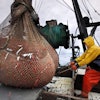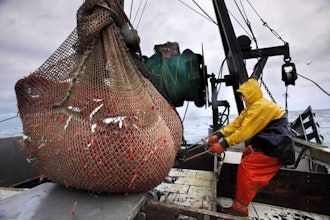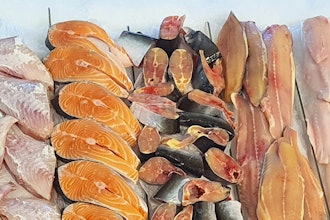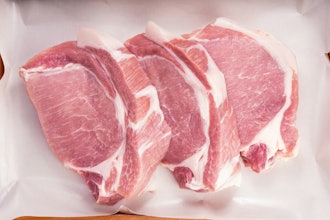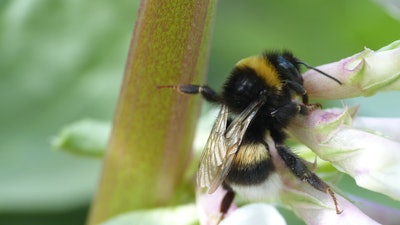
Pollination by insects is essential for the production of many food crops. The presence of pollinators, such as bees, depends on the availability of nesting sites and sufficient food. If these conditions are lacking, the pollinators also fail to appear and the yield of flowering arable crops, such as broad beans or oilseed rape, suffers as well.
A team from the University of Göttingen and the Julius Kühn Institute (JKI) in Braunschweig has investigated how the composition of flowering crops and semi-natural habitats in the landscape affects the density of bees, their behavior when collecting nectar, and the faba bean (Vicia faba) yields. The results of the study have been published in the journal Basic and Applied Ecology.
The researchers show that in landscapes with a high proportion of semi-natural habitats and in landscapes with a high proportion of faba beans, more bumblebees were found in the bean fields. In addition, the bean yields were higher. The scientists recorded and observed the foraging behavior of honeybees and wild bees in bean fields in agricultural landscapes with different landscape compositions. They also worked out the parameters for the yield for an individual plant.
"Insect pollination has a positive effect on faba bean yields. Our investigations showed around 34% more beans per pod in insect-pollinated plants compared to plants that were inaccessible to insects," said Dr. Doreen Gabriel from the JKI.
"The pollination success in faba beans does not only depend on the density of bees in the fields, but also on the particular bee species collecting nectar. Bumblebee species who have a short proboscis often steal nectar from faba beans by biting holes in the calyxes (the outer sepals that protect the flower bud). In contrast, the bumblebee species who have a longer proboscis collect nectar regularly from the front of the flower, resulting in increased rates of cross-pollination. However, there are hardly any studies that have investigated whether the behavior of bees collecting nectar is also influenced by the availability and distribution of other resources in the landscape, that is the composition of the landscape," said first author Dr. Nicole Beyer, who did her PhD at the University of Göttingen and now works at the Thünen Institute in Braunschweig.
The study shows that short-tongued bumblebees stole nectar more frequently from faba beans when there was a high proportion of faba beans in the landscape.
"Our study illustrates how important the composition of the landscape is for crop yield, as shown by the example of the faba bean. The availability of flower-rich habitats can improve the density of bees in fields, their foraging behavior and their pollination services," said Professor Catrin Westphal, head of Functional Agrobiodiversity at Göttingen University.

